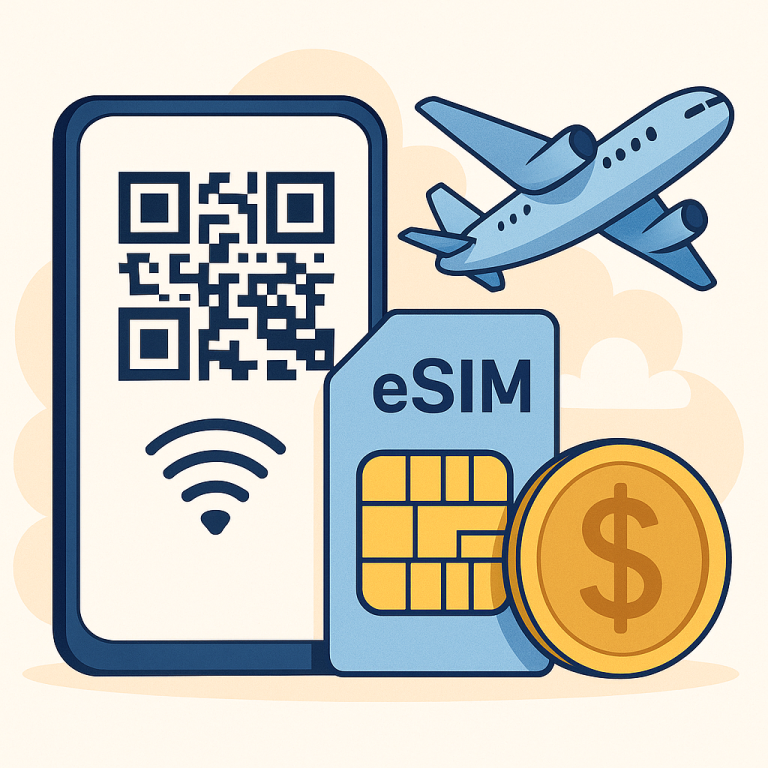When visiting Israel, it’s essential to understand how local holidays can impact your travel experience. From limited public transportation to unique cultural events, knowing the major holidays in advance will help you plan your itinerary and make the most of your stay. Here’s a guide to the key holidays in Israel and what to expect as a tourist.
Rosh Hashanah (Mostly on September)
The Jewish New Year marks the beginning of the year with prayers, family meals, and symbolic foods like apples dipped in honey. Many businesses close early, and public transport is reduced. It’s a peaceful time to visit spiritual sites such as the Western Wall.
Yom Kippur (Mostly on September)
Yom Kippur is the Day of Atonement, and it’s the holiest day in the Jewish calendar. Israel almost comes to a halt, with no public transportation and most businesses closed. It’s a deeply spiritual experience, especially if you visit the Western Wall during this time.
Sukkot (Mostly on October)
Sukkot, the Feast of Tabernacles, celebrates the harvest and involves eating and sleeping in temporary huts called sukkahs. Throughout the country, there are public events, performances, and religious gatherings. Many shops and attractions close early during the holiday, but it’s a wonderful opportunity to experience Israel’s cultural and religious life.
Hanukkah (Mostly on December)
Hanukkah is the Festival of Lights, and it’s celebrated by lighting candles on a menorah for eight nights. The country is adorned with festive lights, and there are various performances and activities for children. Don’t miss out on the special Hanukkah pastries, like sufganiyot (jelly donuts), available everywhere.
Purim (Mostly on March)
Purim is one of the most festive holidays in Israel, where people dress up in costumes, hold street parties, and participate in parades. Cities like Tel Aviv and Jerusalem are filled with lively celebrations, and you’ll see many playful events. It’s a great chance for tourists to join in the fun, but be aware that public transportation might be limited during the festivities.
Passover (Mostly on April)
Passover celebrates the Exodus from Egypt and is marked by family gatherings and the famous Seder meal. Many restaurants offer special Passover menus, and there are historical tours that explain the story of Exodus. Be aware that public transportation will be limited during the holiday, and some shops might close early.
Shavuot (Mostly on June)
Shavuot commemorates the giving of the Torah at Mount Sinai. Israelis traditionally eat dairy dishes, and many cultural events take place, especially in Jerusalem. It’s a great time for tourists interested in the religious and historical aspects of Israel, as there are many events at religious sites.
Knowing the holiday schedule in Israel can help you plan your trip more efficiently. While some holidays mean reduced services and business closures, they also offer unique cultural and religious experiences that are well worth exploring. Make sure to check local schedules for public transportation and opening hours at tourist sites during holidays, and consider booking tours in advance for a hassle-free experience.
Stay connected while in Israel with our affordable and easy-to-use eSIM and SIM packages. Check out the options available through the link!: Mobile Packages To Israel



